13 results in Essays and Studies
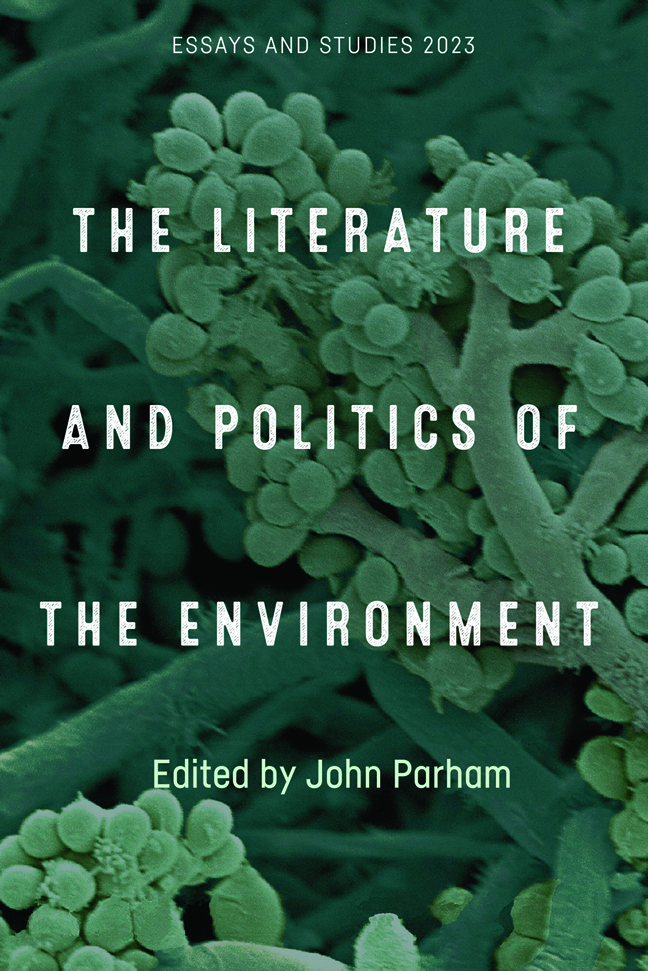
The Literature and Politics of the Environment
-
- Published by:
- Boydell & Brewer
- Published online:
- 02 March 2024
- Print publication:
- 22 August 2023

The Writer in the Academy
- Creative Interfrictions
-
- Published by:
- Boydell & Brewer
- Published online:
- 14 February 2023
- Print publication:
- 20 October 2011

Literature and Ageing
-
- Published by:
- Boydell & Brewer
- Published online:
- 17 January 2023
- Print publication:
- 16 October 2020
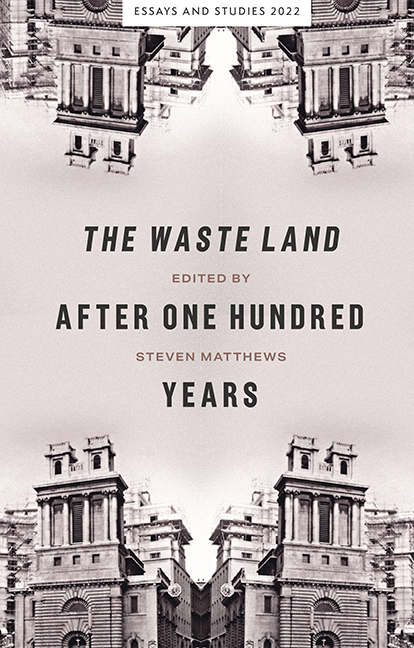
The Waste Land after One Hundred Years
-
- Published by:
- Boydell & Brewer
- Published online:
- 08 October 2022
- Print publication:
- 19 July 2022

Textual Cultures
- Cultural Texts
-
- Published by:
- Boydell & Brewer
- Published online:
- 26 May 2022
- Print publication:
- 16 September 2010

Writing China
- Essays on the Amherst Embassy (1816) and Sino-British Cultural Relations
-
- Published by:
- Boydell & Brewer
- Published online:
- 17 June 2021
- Print publication:
- 21 July 2016
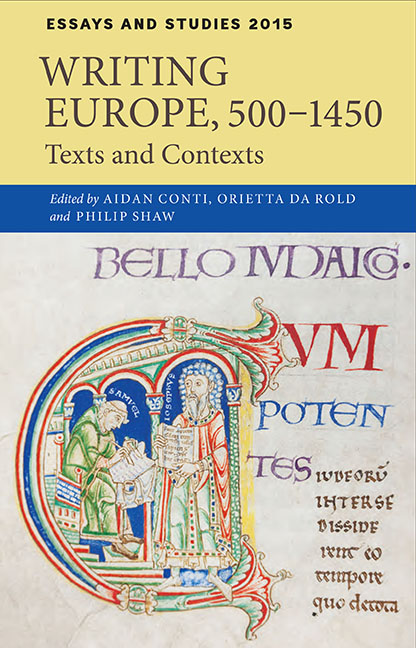
Writing Europe, 500-1450
- Texts and Contexts
-
- Published by:
- Boydell & Brewer
- Published online:
- 11 June 2021
- Print publication:
- 15 October 2015

Slow Scholarship
- Medieval Research and the Neoliberal University
-
- Published by:
- Boydell & Brewer
- Published online:
- 21 March 2020
- Print publication:
- 20 September 2019
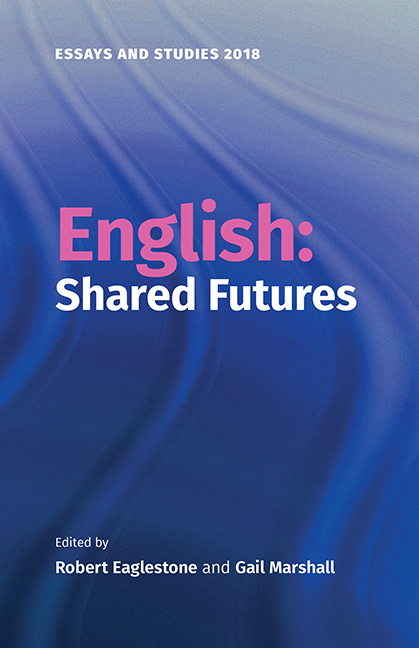
English: Shared Futures
-
- Published by:
- Boydell & Brewer
- Published online:
- 15 October 2019
- Print publication:
- 15 November 2018
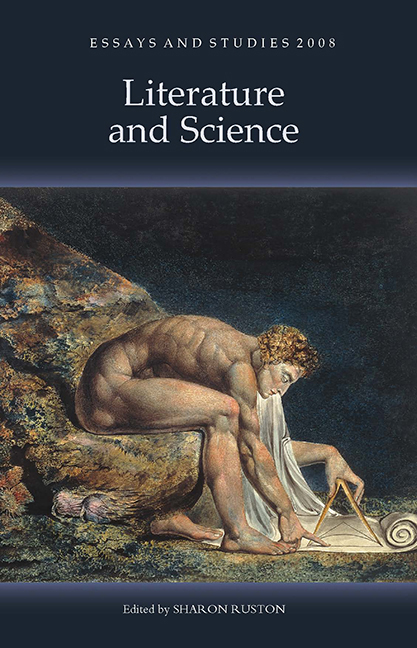
Literature and Science
-
- Published by:
- Boydell & Brewer
- Published online:
- 12 February 2019
- Print publication:
- 17 July 2008
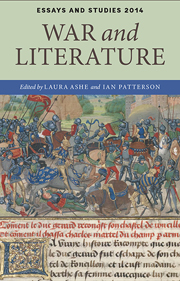
War and Literature
-
- Published by:
- Boydell & Brewer
- Published online:
- 05 October 2014
- Print publication:
- 16 October 2014
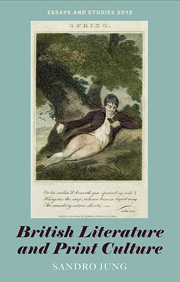
British Literature and Print Culture
-
- Published by:
- Boydell & Brewer
- Published online:
- 05 October 2013
- Print publication:
- 17 October 2013
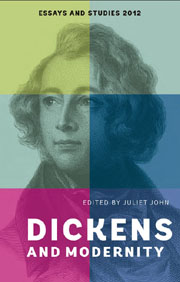
Dickens and Modernity
-
- Published by:
- Boydell & Brewer
- Published online:
- 05 February 2013
- Print publication:
- 18 October 2012

